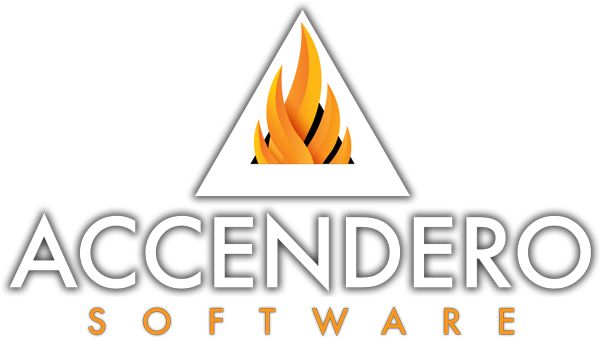Dolibarr Setup & Offerings
Dolibarr is a PHP based open source ERP/CRM. I am following the Advanced Setup process because I prefer to clone the repo and get things running that way. They also offer compressed archives which you would extract into a webserver root.
Installation
After cloning the repo, I installed PHP7.2. To get things running quickly for testing things out, I went into the project’s htdocs directory and ran the php built-in webserver (php -S 0.0.0.0:8000, for example).
Setup
I opened up my browser and was greeted with a setup screen:

Clicking next takes me to the prerequisites check, which I found to be a very convenient feature. As you can see, there are a few features that my installation of PHP doesn’t support and at this point I could get those packages installed if I wanted to enable these features.

After the requirements check, we move into the site directory and database setup. From here you will configure the location of your website (htdocs), where to store documents created by the application, and the root URL for your site. Following that, you point the application at a database, or provide the credentials and information it needs to create a database. Once done, you are given a summary of your configuration options and may optionally ping Dolibarr to let them know you’ve just installed their app.
From here you will create an administrative account and finalize setup. After that, you’re ready to login.

Offerings
Dolibarr has a wide horizon of modules available out of the box ranging from Human Resources modules all the way to setting up web APIs and payment processors. If these offerings aren’t enough, you can also head over to the Dolistore which is the official market for Dolibarr modules.
Conclusion
I have been developing almost exclusively in Python and JavaScript for the last couple of years. I was having some PHP fatigue that had built up over the previous few years. While I’m not excited about jumping back into PHP, I have to say that the installation and setup of this project has at least made me interested to see what the module building experience is like using Dolibarr. Dolibarr is at least as easy to setup and configure as Oodo, and seems to have just as much to offer. My mind may change once it comes time to build, but at this point I would definitely recommend Dolibarr to potential clients.

